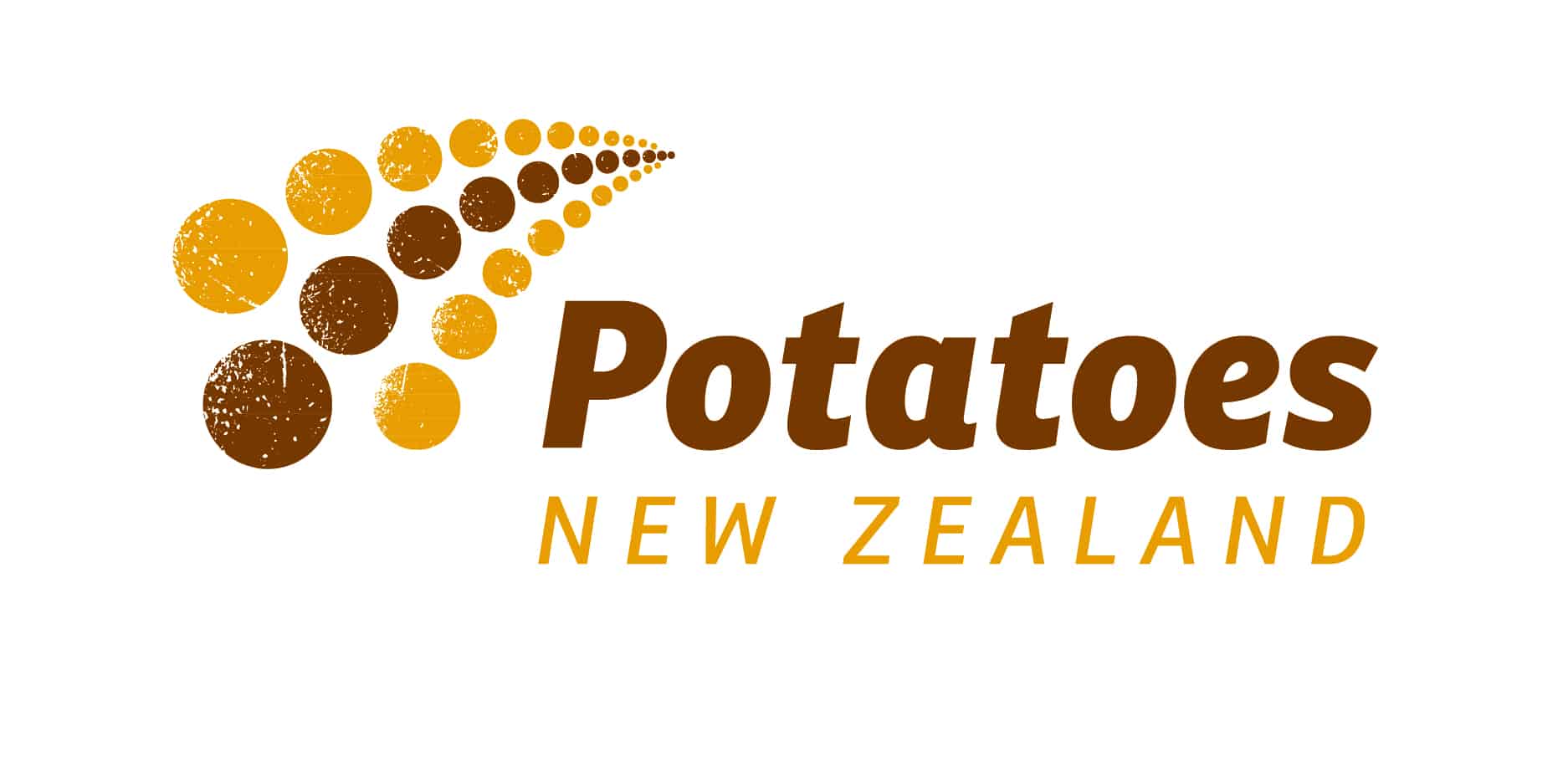Recent extreme weather events such as heat and drought, and unprecedented heavy rain have resulted in reduced bulking and encouraged rotting of tubers in major potato production areas in New Zealand. These have contributed to an estimated 25% loss in production by the New Zealand potato sector last season.
This agrees with results from simulation models by the International Potato Centre that global potato production under climate change conditions may result in a yield decline of 92%. Likewise, the Intergovernmental Panel on Climate Change or IPCC reported in 2014 that New Zealand is already experiencing climate change with projected long-term trends toward higher temperatures and shifting rainfall patterns.
Abiotic stresses on potatoes
A Massey University PhD study was initiated to investigate the effects of abiotic stresses associated with climate change on the yield and tuber quality of potatoes in New Zealand. Research questions include: is there any early evidence that abiotic stresses associated with climate change are already affecting potato production in New Zealand? How does it affect the yield and tuber quality? And do commercial potato cultivars show different susceptibility to key abiotic stresses?
A preliminary examination of secondary weather data has exhibited variations in climate patterns in selected potato production regions of the North Island of New Zealand – Ohakune (Central North Island, 563 meters above sea level – masl); Opiki (South-West North Island, 4 masl), and Hastings (Eastern North Island, 8 masl). An increasing trend in temperature and varying rainfall patterns are being experienced across regions.
Initial findings indicated that abiotic stress (e.g. heat and moisture stress) associated with climate change were likely causes of reductions in tuber economic yield (commercial marketable yield). Data gathered from random potato tuber samples has revealed that yield is primarily affected by the increased volume of defective tubers reaching as high as 85 % of the total volume of harvest. This is largely due to the incidence of an array of tuber physiological defects like enlarged lenticels, growth cracks, severe skin netting, malformations, and pre-harvest sprouting.
Further, abiotic stress also appears to affect the photosynthetic capacity of the crop, thereby reducing tuber fresh yield, number of tubers, and harvest index. Preliminary results further suggest that selected commercial potato cultivars have different susceptibility levels to abiotic stresses and accompanying tuber physiological defects.
More studies
Further work is underway to validate the response of selected commercial potato cultivars to abiotic stresses through multi-environment and glasshouse trials. This study will contribute to the resiliency of the New Zealand potato industry to issues of changing climate and food security.


